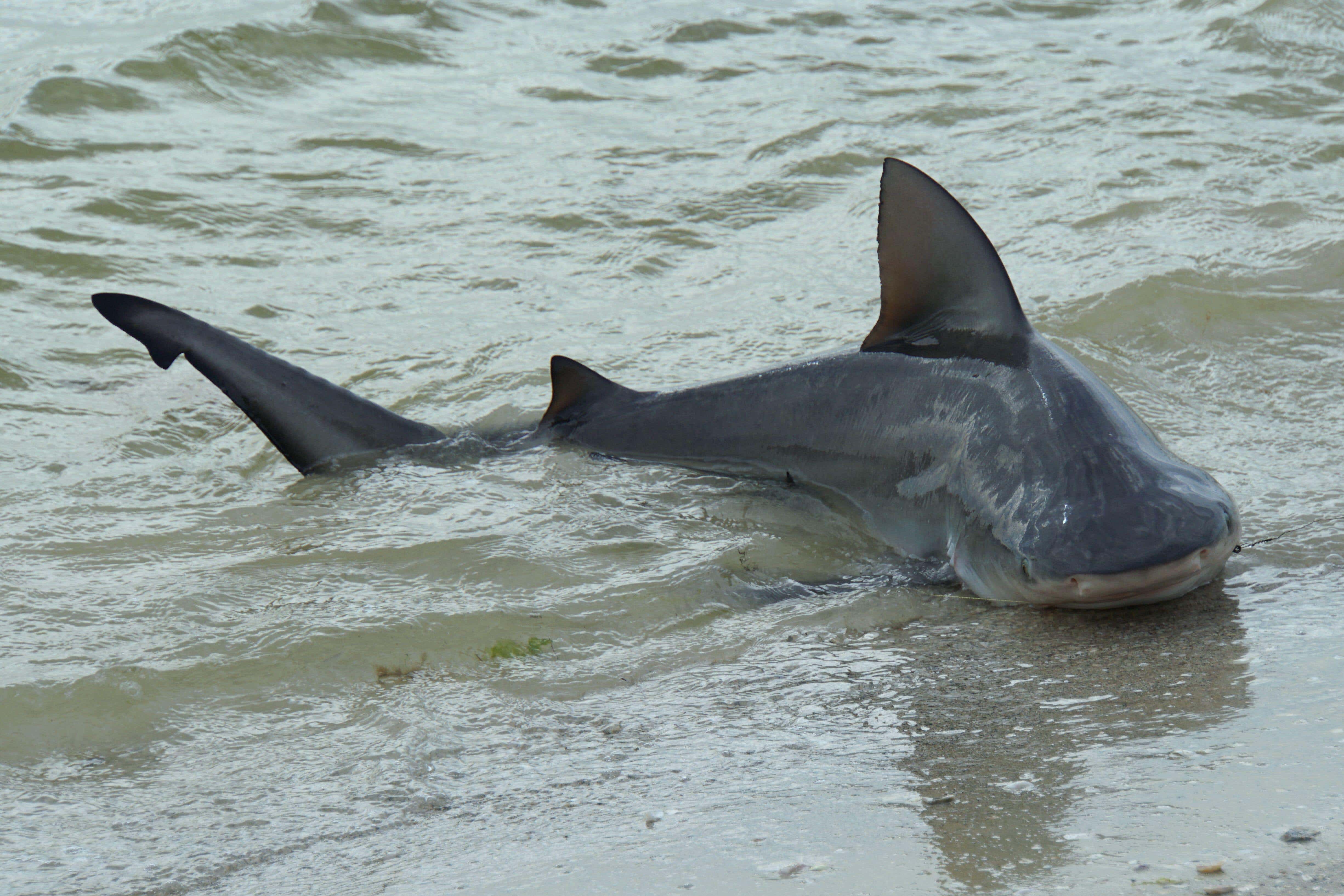British tourist attacked by shark on Caribbean beach ‘can communicate’ in intensive care
Peter Smith was left fighing for his life after he was savaged while swimming 10 metres off the shore

Your support helps us to tell the story
From reproductive rights to climate change to Big Tech, The Independent is on the ground when the story is developing. Whether it's investigating the financials of Elon Musk's pro-Trump PAC or producing our latest documentary, 'The A Word', which shines a light on the American women fighting for reproductive rights, we know how important it is to parse out the facts from the messaging.
At such a critical moment in US history, we need reporters on the ground. Your donation allows us to keep sending journalists to speak to both sides of the story.
The Independent is trusted by Americans across the entire political spectrum. And unlike many other quality news outlets, we choose not to lock Americans out of our reporting and analysis with paywalls. We believe quality journalism should be available to everyone, paid for by those who can afford it.
Your support makes all the difference.A British tourist who was attacked by a shark on a Caribbean beach “can communicate” in intensive care, his wife has said.
Peter Smith, 64, was left fighting for his life after he was savaged 10 metres off the shore when he was swimming near the Starfish Hotel in Courland Bay on the north coast of Tobago on Friday morning.
The 64-year-old, from Berkhamsted, Hertfordshire, suffered damage to his left arm and leg, puncture wounds to the abdomen and injuries to his right hand, the full extent of which are still being evaluated after the horrific incident involving a bull shark.

However, he was in a stable condition in Scarborough General Hospital in Tobago after undergoing surgery, with his wife Jo saying he is now “aware of what is happening and can communicate”.
She told the BBC on Sunday: “As of 9am local time today, Peter is aware of what is happening and is able to communicate a little, although he is still under strong medication.”
She also thanked two friends who remained in the water during the attack to “battle” the shark, estimated to be 8ft to 10ft long and 2ft wide.
The couple had been holidaying on the island with friends and were due to fly home that day.
The Foreign Office said it was supporting the family.
Several beaches and coastal areas were closed and a 10,000 US dollar (£8,000) bounty previously offered to anyone who could capture the shark was later retracted.
Tobago, one of the constituent islands of Trinidad and Tobago, is located in the southern Caribbean, around 74 miles (119km) off the coast of South America.
In the last 20 years, there have been only two recorded shark attacks as far south as Tobago, and neither was within 200 miles of the island itself.
Worldwide, shark attacks are rare. Last year, there were 69 unprovoked attacks and 22 provoked bites across the globe, along with 14 fatalities, according to the Florida-based International Shark Attack File.
Bull sharks, which often frequent shallow water and can even venture into the freshwater of river mouths, are known for their aggression. Along with tiger sharks and great whites, they are one of the three shark species most frequently involved in attacks on humans.